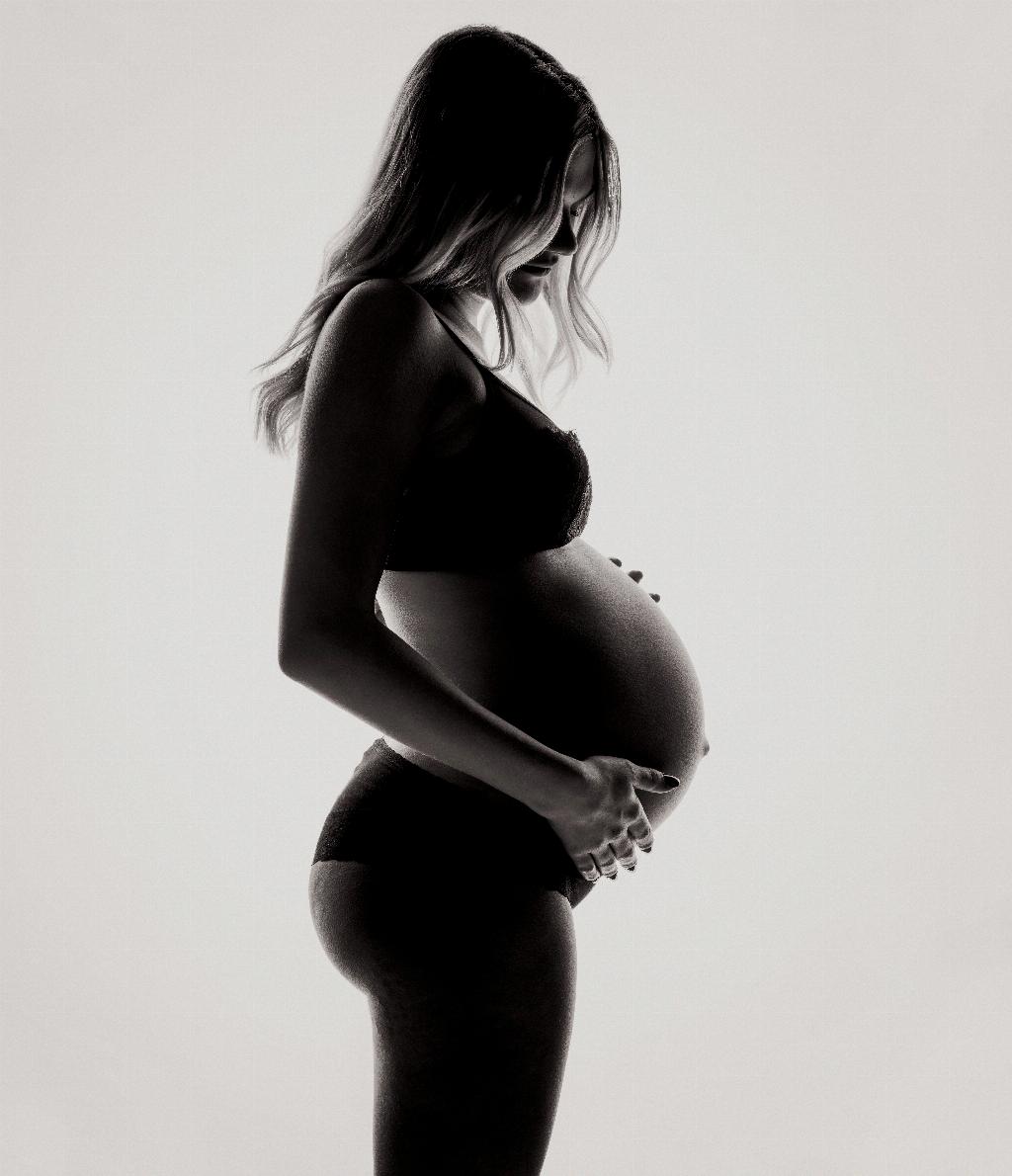Many women may wonder if it is possible to detect a pregnancy as early as 3 weeks. The answer to this question is multifaceted, as the detection of pregnancy largely depends on the method used and individual factors. Understanding the timeline of early pregnancy detection can provide clarity on this topic.
When Does Conception Occur?
Conception typically occurs when a sperm fertilizes an egg, leading to the formation of a zygote. This process takes place in the fallopian tubes and marks the beginning of a new life. Following conception, the zygote undergoes several stages of development before implanting in the uterus.
Implantation and Hormonal Changes
Implantation occurs around 6-12 days after conception when the developing embryo attaches to the uterine wall. This process triggers the release of human chorionic gonadotropin (hCG) hormone, which is commonly detected in pregnancy tests.
Early Pregnancy Symptoms
Early pregnancy symptoms can vary among individuals but may include fatigue, breast tenderness, nausea, and frequent urination. These signs may begin to manifest around the time of a missed period, signaling the possibility of pregnancy.
Accuracy of Pregnancy Tests
While some pregnancy tests claim to detect hCG as early as 3 weeks after conception, the accuracy of these tests may vary. It is recommended to wait until after a missed period to obtain reliable results, as hCG levels increase significantly by that time.
Understanding Sensitivity Levels
The sensitivity of a pregnancy test refers to its ability to detect low levels of hCG in the urine. Tests with higher sensitivity levels can provide earlier detection, but may also be prone to false positives or negatives due to varying hCG concentrations.
Factors Affecting Detection
Individual factors such as menstrual cycle length, ovulation timing, and hCG production can influence the ability to detect pregnancy early on. Women with irregular cycles or varying hormone levels may experience challenges in early detection.
Recommendations for Testing
It is advisable to wait until after a missed period to take a pregnancy test for accurate results. Testing too early may lead to inconclusive outcomes or unnecessary stress. Consultation with a healthcare provider can offer guidance on the best timing for testing.
Alternative Detection Methods
In addition to traditional urine-based pregnancy tests, blood tests can provide early detection of pregnancy by measuring hCG levels in the bloodstream. These tests are often more sensitive and can detect pregnancy sooner than urine tests.
Consultation with Healthcare Providers
If you suspect you may be pregnant but are unsure about the timing of testing, seeking advice from a healthcare provider is recommended. They can conduct confirmatory tests and provide support and guidance throughout the early stages of pregnancy.
Final Thoughts
In conclusion, while it is theoretically possible to detect a pregnancy as early as 3 weeks after conception, it is advisable to wait until after a missed period for reliable results. Understanding the nuances of early pregnancy detection can help individuals make informed decisions regarding testing and care.

